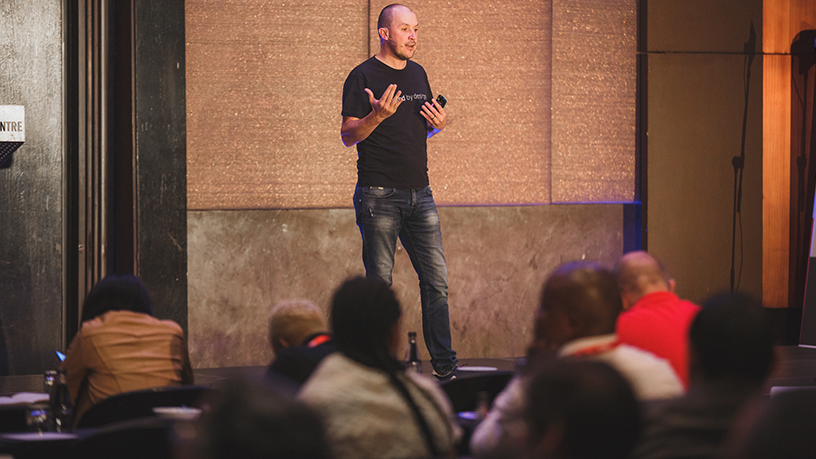The focus of artificial intelligence (AI) should not be to improve efficiencies within a company, but rather to improve or even revolutionise customer experience. This is because, ultimately, improved customer experience will result in improved efficiencies, lower costs and improved profitability.
That’s the view of Ernest North, co-founder of Naked Insurance, a Johannesburg-based short-term insurer that has the potential to disrupt the insurance industry in the same way as Uber has upended the metered taxi industry, and Airbnb the hospitality industry.
Speaking at the 15 annual ITWeb BI Summit (#ITWebBI2020) in Sandton today (Wednesday), he outlined what his organisation was doing to get a full view of customers, and the impact this was having on the way in which decisions were made regarding the issuing of insurance contracts, the premiums charged, and claims paid or declined.
According to North – an actuary by training with extensive experience in traditional insurance industry – while most insurance companies base risk assessment and payout decisions on between 20 and 30 data points, his company utilises thousands.
This data is gathered from customers in ways few would expect: in addition to the answers customers provide in response to the standard questions one would find on mostinsurance company apps or Web sites, North’s company also gathers data from the customer’s behaviour when interacting with the company’s app.
“We look at how long they take to answer the question, whether there is hesitation, whether they go back and make changes to simple, routine answers, and so on. We even gather data on how they use the app, whether they swipe up and down or side-to-side.
“There is no right or wrong way to do things. There is also no particular way of answering that is better than any other. Basically, if you exhibit behaviour that is similar to the 99% of our customers who are honest, it means we can lower your premium; and when you claim, we can rush through your approval.
“It also means we are better at picking up the one percent of customers that are fraudulent.”
The result is a vastly improved customer experience, he said. For example, while insuring one’s car with a traditional insurance company can take an hour or more, AI has enabled his company to reduce this to 3.5 minutes. Similarly, claims – which can take days or weeks to be approved in a traditional insurance environment – can be assessed and paid within hours or less.
Detecting and dealing with the risk of fraud is difficult and expensive for traditional insurance companies. On the one hand, the harder it gets for them to identify fraud, the more money they lose because of fraud. However, it also costs them a lot of money to invest in identifying the fraudsters.
“In our cases, we don’t have to make that decision – the primary validation that happens is done through the AI that checks through the data and, having decided that the individual belongs in the ‘honest bucket’does not have to waste that person’s time or cause them more frustration. It also means we do not waste our time and money by investigating them,” he added.
According to North, the AI principles applied in his organisation – ensuring that the customer experience is the best it can be – can be translated to any organisation in any industry.
“Any business can build a system that allows them to understand the customer not just using the traditional sources of data but especially with more relevant and larger volumes of data.
“Our focus has never been about using AI to improve efficiencies, but on customer experience. However, we have found that the former invariably leads to the other,” he concluded.


